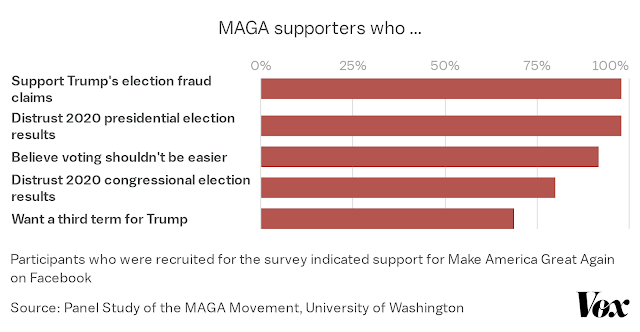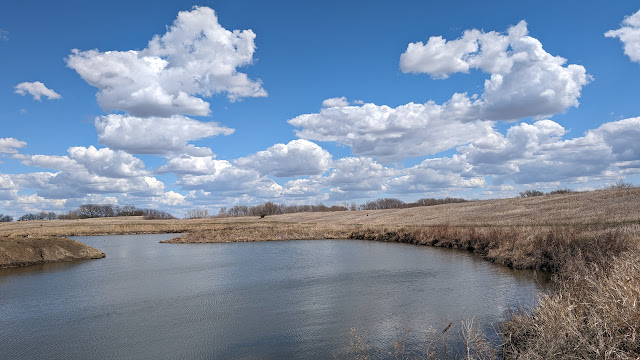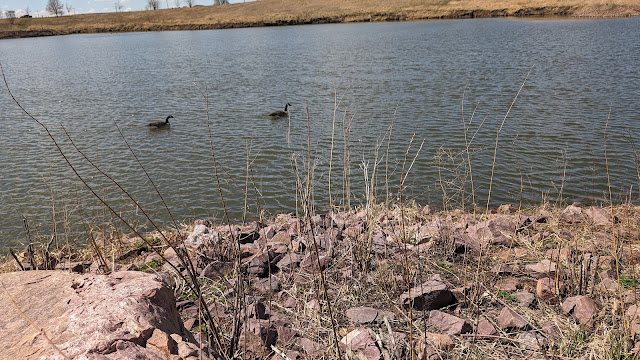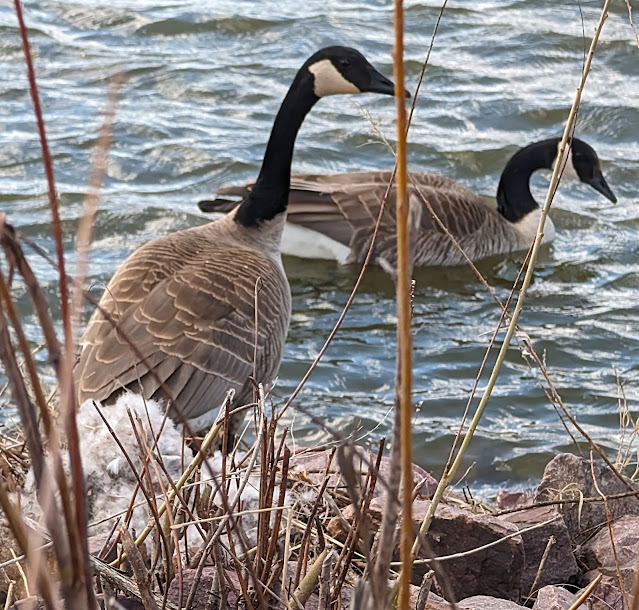Just one more day on the tabloids.
Once upon a time I had an aunt--I used to think of her as an aunt, but she wasn't. Maybe she was a second or third cousin. Anyway, she was--I'm sure she's gone now--a roly-poly thing with stringy Dirkse hair and a pin-cushion nose. She was blessed with a happiness most people would aim for if they had half an idea of what exactly it was.
I'm quite sure she was Mom's second cousin, but the two of them got along like sisters, because she was both kin and kind. Like Mom, she could not pass a piano without laying down a two or three hymns, "peppy things," she would have called 'em, her faves. She would have been at home with a big Wurlitzer at Wrigley Field, but were she so blessed, she wouldn't have kept the job for more than a half-hour without breaking into "I Will Sing of My Redeemer."
I could go on, but I already have. This cousin-of-my-mother long ago made a sustained appearance in a story I wrote, where, when introduced, she marches off the page thusly:
To see Sarah Esselink outfitted in a Santa suit would be to behold Saint Nick himself. She has his round face, his pudgy nose, and his apple cheeks. What's more, her sticklike legs seem inadequate to lug her heft around town. She has his eyes too--bright, sparkling twinkles that glitter when she's at the piano--and everyone recognizes that silly, chattering giggle of hers, even in a crowd.
Calvary Church has its share of guilt-ridden folks with overcast faces, but no one would accuse Sarah Esselink of being among them, even though, given what her son's become, many would say she has a right to be dour.
She has never led any of the many organizations she's served--Ladies' Guild, Booster Club, Legion Auxiliary--but most people would say Sarah long ago found her own distinguished place on the piano bench at Calvary. She was blessed with massive hands, a titon's heart, and sensitivities so promiscuous that whenever she hears children sing the old favorite hymns-"The Old Rugged Cross" or "I Come to the Garden Alone"-those thick fingers of hers wiggle into her purse for the tatted hanky.
Such powerful hands and such a tender heart make her piano playing remarkable. She is self-made as a pianist, having pulled up her skills from the bootstraps of her own meager talents; she hears a melody once and owns it thereafter, as if God in his infinite wisdom stowed a computer chip in that round head of hers.
In the story, she has a gay son. In real life, she didn't--at least not that I know of. But in the story she has this thing about the National Enquirer--she's, well, addicted. She regularly buys them, brings them home, devours them when her husband's at work, then trashes them so he can't notice.
He knows, of course, but he's big enough to allow her some a few incidental transgressions. This Sarah Esselink and my mother's cousin carry their remnant Dutch Calvinism in somewhat traditional ways--they're too Calvinist to speak in tongues, but if the two of them had had a choice, they both wouldn't have minded being splayed out in spiritual rapture at least once in their lives.
When I was a kid our two families occasionally vacationed together. I was old enough to distinguish strange goings-on, but my parents handled it like the joke it was. My mother's cousin allowed herself to sin gloriously when she was on vacation, so gloriously that she bought a copy of every last tabloid at the grocery store. Overdoing it on vacation was okay because God's house was somewhere back home; on vacation, He allowed his people some space. Sort of like skipping church if you're at Yellowstone.
David Pecker's got to suffer through cross-examination when the trial resumes, but I think we've buried ourselves in the sleaze long enough. The entire nation needs a shower from Trump and his ilk.
David Pecker makes me think my mom's cousin had a more urgent sense of sin than the other Calvinists in the family. After all, my parents giggled her addiction away.
But she's in glory these days, unhooked, and if there's a piano around I'd bet anything those little fat hands of hers are finding every last key. And you know what else? In whatever Wal-marts exist on high, I'm flat out positive there's not an Enquirer anywhere to be found.
Sing, O sing of my Redeemer!With his blood he purchased me;
on the cross he sealed my pardon,
paid the debt, and made me free.



























